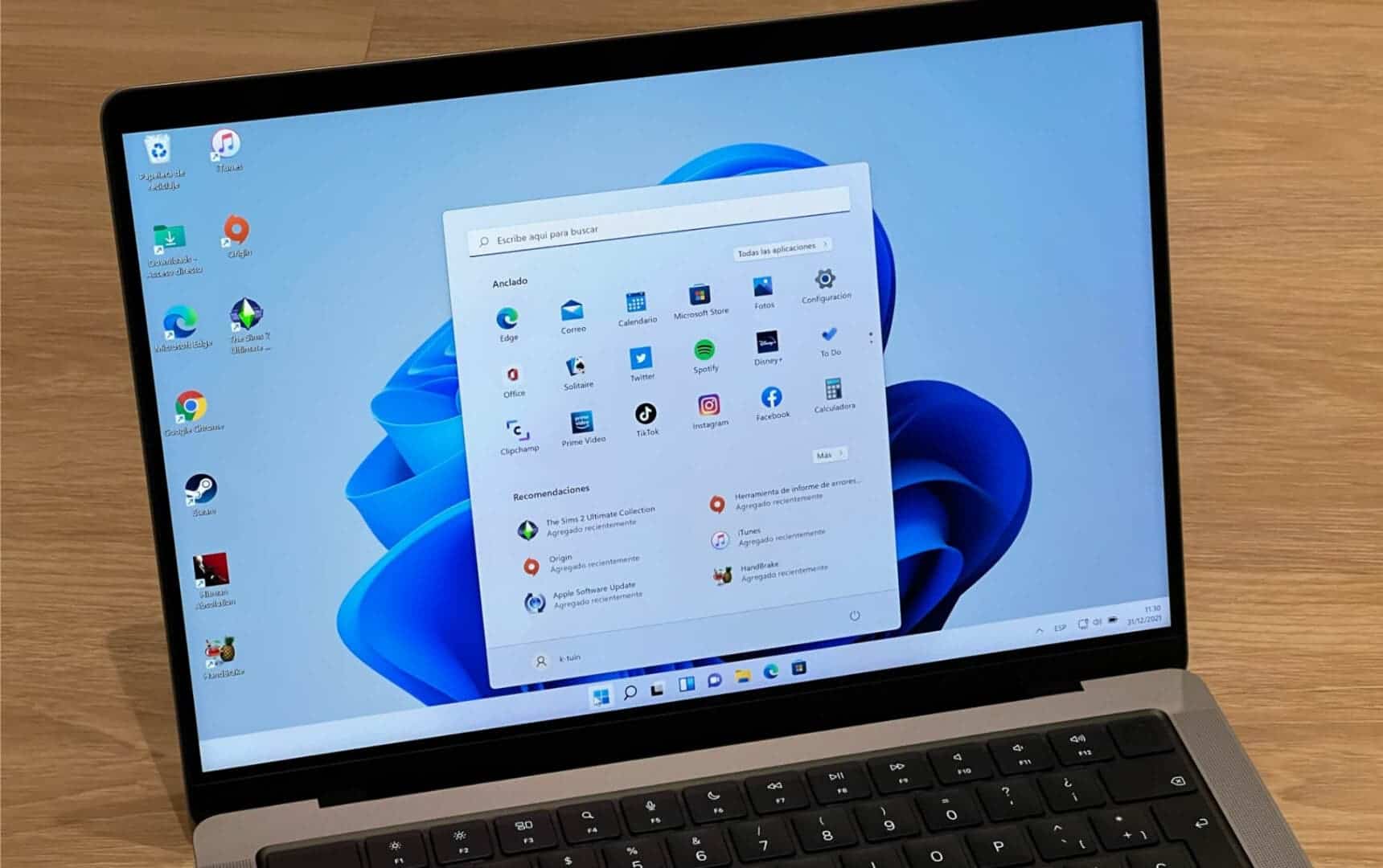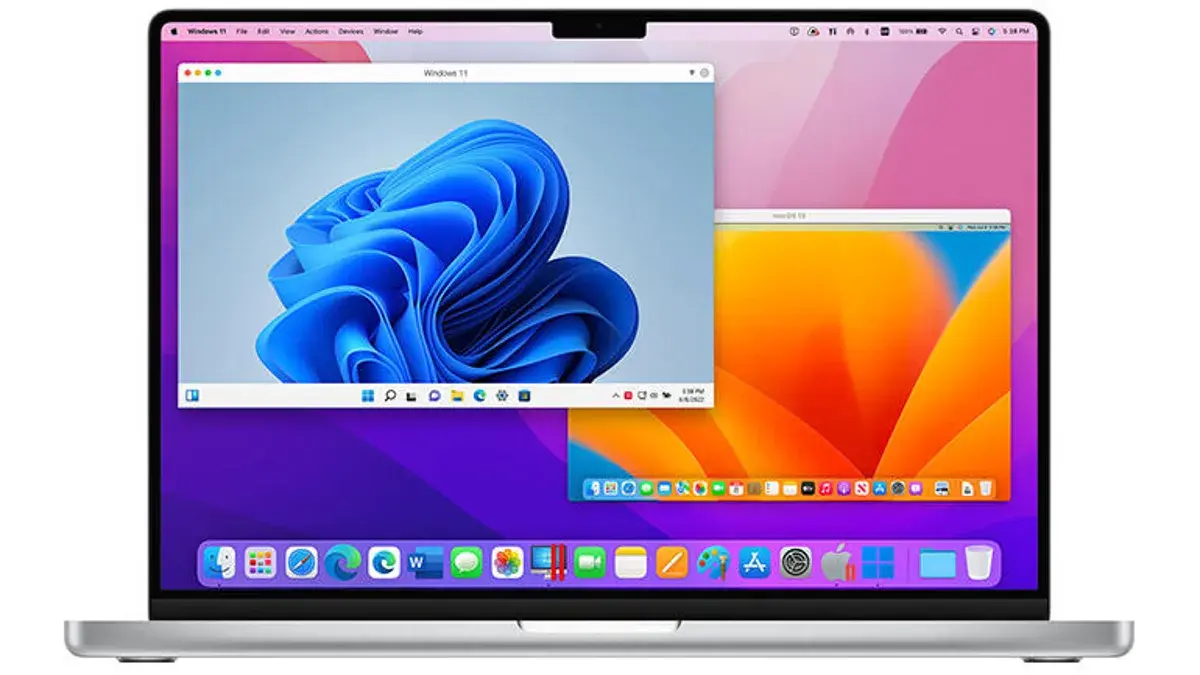Apple’s Boot Camp, which is the official tool for using Windows on Macs, has faced challenges with Apple Silicon. This has been a major challenge for many Apple Mac users who prefer the Windows OS to Apple’s macOS. However, there are other software options for running Windows on Macs with ARM processors, and Microsoft has approved a specific program for running Windows 11 on Apple computers with the M3 processor family.
Two Options to Run Windows on M3 Mac Computers 
According to a document from Microsoft, Mac users have two choices if they want to run Windows on their machines, assuming they don’t want to buy a computer designed for Windows 11. The options are Windows 365 or Parallels Desktop.
Microsoft states that Parallels Desktop versions 18 and 19 are officially allowed for running Windows 11 for ARM and Windows 11 Enterprise on Macs with the Apple M1, M2, and M3 processor families. The operating system can run in a virtual machine, providing users with access to most features, including multimedia technologies, hardware acceleration, DirectX 12, and more.
Limitations of Using Parallel Desktop to Run Windows on Mac 
However, it’s important to note that some features are not available in Parallels Desktop, mainly because it lacks nested virtualization support. This means that you won’t be able to use certain features like Windows Subsystem for Android, Windows Subsystem for Linux, Windows Sandbox (which allows you to run isolated apps without affecting your main installation), and Virtualization-based Security (VBS). If you require any of these features, it might be better to consider using Windows 365 or buying a separate device specifically designed to run Windows 11 natively.
Additionally, it’s worth mentioning that Parallels Desktop for Mac cannot run 32-bit Windows apps designed for ARM. Microsoft deprecated 32-bit UWP apps for ARM in January 2023. Apple also phased out support for 32-bit apps a while ago, and there’s no way to bring it back on modern macOS versions.





